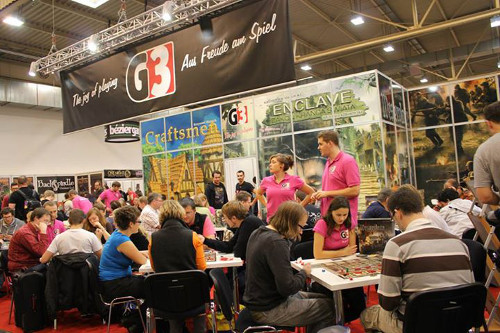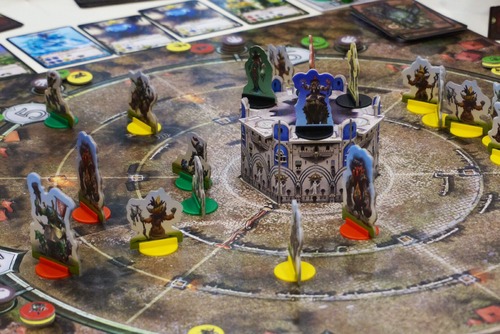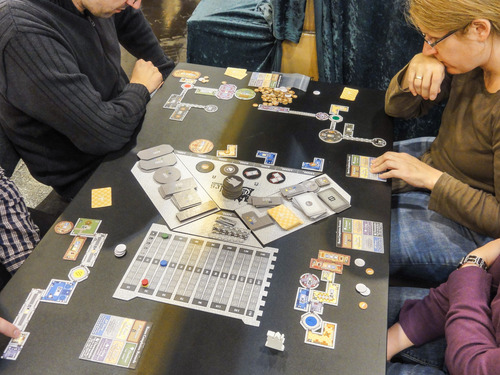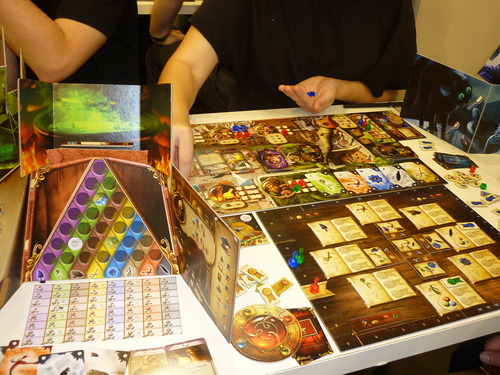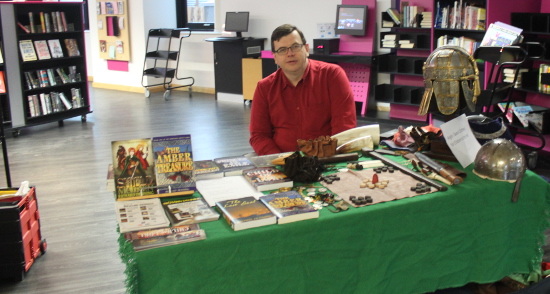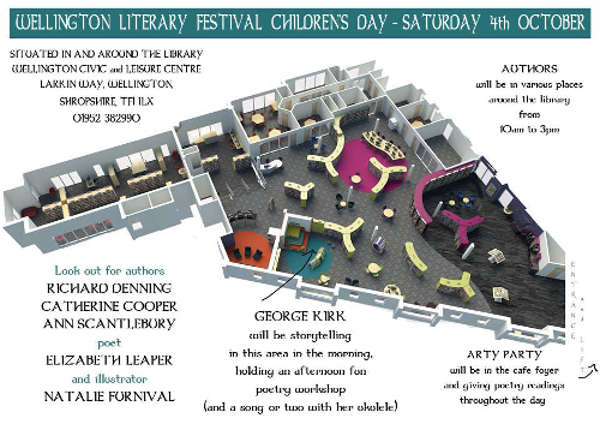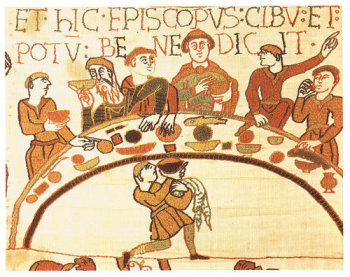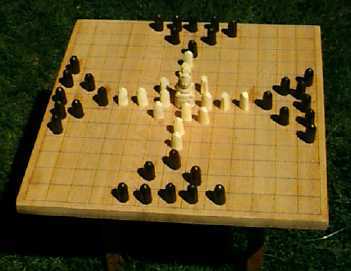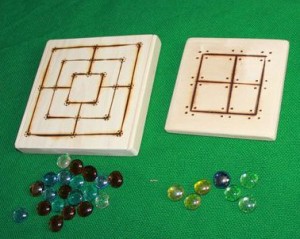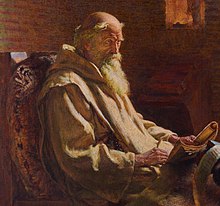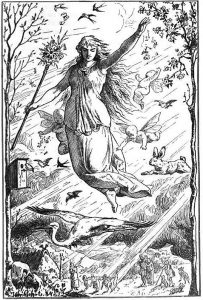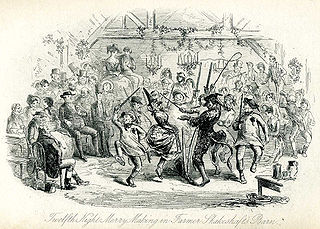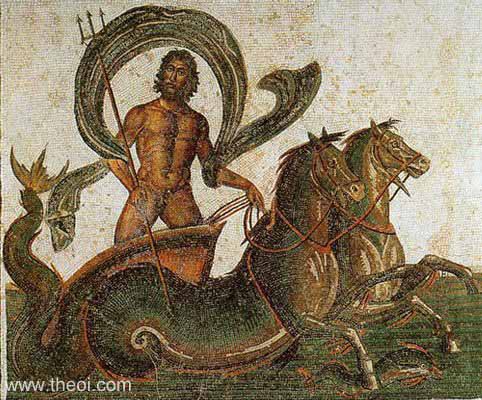My experiences at Essen Spiel 2014
Running the UK’s largest Hobby Games convention (UK Games Expo every May in Birmingham ) as we do, each October since 2006 has seen an annual pilgrimage to the Mecca of board games – Essen Spiel. For those who have not attended, this is the largest Hobby Games event in the world with an attendance of 130,000 or there abouts. They use three Huge halls of the Essen Messe (which is like the NEC) plus other smaller bits. This event is all about playing and buying board and card games, and to a much lesser extent miniatures and role playing.
This year we had a party of 12. I took a carload of 4 with the UK Games Expo Stand in and drove through France and Belgium last Tuesday. Another car load and an “airborne contingent” lead by my fellow director, Tony followed on the Wednesday. We also had Expo senior managers like Lindsey, Pat “the main man” Campbell and coming to his first Essen, John Dodd and a number of friends who are all in some way associated with UKGE. Wednesday is a setup day at Essen so we unloaded and set up a small booth of 5m x 2m consisting of a display/reception area to promote the show from and a 3m x2m office. In that inner sanctum we laid out a map of UK Games Expo so that during the meetings with the potential exhibitors we would show them the space and then they would get marked on a map with blue card. A huge Tetris game then ensues.
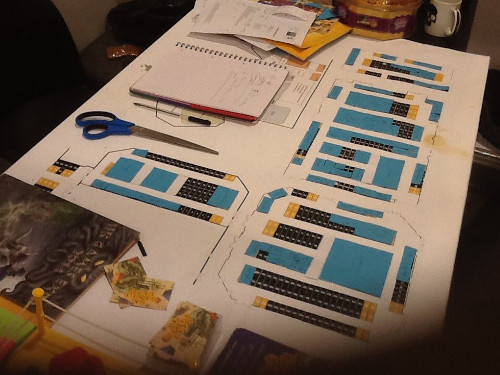 In that room we also set up a coffee machine and a kettle and then we unpacked our secret weapon: Yorkshire Tea. As occurred last year we soon had British traders entering the room saying “I have heard you might have Tea!” or “I could kill for a cuppa”. Tea on the continent is usually herbal with a lemon in it and only Brits fully understand the kind of desperation that a Brit abroad encounters when you can’t get a proper cuppa! Next year I am going to take a Tea Pot and go the whole hog.
In that room we also set up a coffee machine and a kettle and then we unpacked our secret weapon: Yorkshire Tea. As occurred last year we soon had British traders entering the room saying “I have heard you might have Tea!” or “I could kill for a cuppa”. Tea on the continent is usually herbal with a lemon in it and only Brits fully understand the kind of desperation that a Brit abroad encounters when you can’t get a proper cuppa! Next year I am going to take a Tea Pot and go the whole hog.
So then, we set to selling space at UK Games Expo. Pat and Lindsey with notable help from Alex Hickman backed up by John Dodd (who had sciatica poor chap and missed a lot), Mal , Christine and my dad would stand at the desk and talk to any visitors and then book in meetings for Tony and I. Tony and I had something like 50 meetings over the fair and only got out of our cell for an hour or two a day. We would then hurtle round and try and see the show, buy some games and grab some food. The result is that around 90% of Trade space at UK Games Expo is provisionally reserved and we confirmed some sponsorships and even picked up some guest ideas via John Dodd attending an industry party. On top of that we have ideas for seminars, a movie to show and some cool game ideas too. This means UK Games Expo 2015 is already looking exciting.
At 7 PM we would jump in a taxi and try to get fed in a restaurant. We had two decent meals in a German steak house where the beer was very good too. Our usual Chinese buffet restaurant was up to scratch. However we had a well cooked but VERY slow meal in a Spanish restaurant that took 2 hours to serve us! Getting food after hours in Essen can be difficult at times with 30,000 extra hotel residents! Then we would retreat to the hotel and play some games. UKGE organizers are first and foremost games players and we want to play a game in the evening!
As for those games – Essen sees hundreds of new ones each year and I can recommend a few. Orcs Orcs Orcs (above)was a twist on the Castle Panic style of game but with well thought out spell casting rules. A light and fun game of Mages vs Orcs. Armymals (below) is a tank battle game with nice little tanks and terrain and a surprising amount of strategy for a light game.
As for more involved games, I really enjoyed (and won!!) a game of Castles of Mad King Ludwig. Based on a historical king who built extravagant castles with weird designs, you are soon building your castle and juggling bedrooms and armories about.
I also opened the box of a what was leading the BGG rankings at one point: Alchemist (BGG= BOard Games Geek by the way and at Essen it runs a live list of games recommended by the vistors). I have not yet played it because the rules were complex and our brains on Saturday night were frazzled. Its all about experimenting with potions and trying to make them. Lots of deduction needed. One for an evening when I am less tired.
I also picked up some of the new World War 2 planes for Wings of Glory – including the famous Memphis Belle shown below. I can see some air war over Germany games on a table near here soon.
 Overall I thought Essen was a lot quieter than usual – this was due it seemed to a main line rail strike in Germany. As a result I think a lot of the more casual day trippers probably gave it a miss. However I enjoyed the trip as I always do – it has become an annual working holiday that is totally different to my day job. I now see so many friends and contacts from the games world as well as UK Games Expo visitors that come by to say hello that is a real social occasion. It is now critically important to UKGE as we have so many important meetings and helps raise our profile both inside the UK and outside.
Overall I thought Essen was a lot quieter than usual – this was due it seemed to a main line rail strike in Germany. As a result I think a lot of the more casual day trippers probably gave it a miss. However I enjoyed the trip as I always do – it has become an annual working holiday that is totally different to my day job. I now see so many friends and contacts from the games world as well as UK Games Expo visitors that come by to say hello that is a real social occasion. It is now critically important to UKGE as we have so many important meetings and helps raise our profile both inside the UK and outside.
Now, If you will excuse me now I have a B17 to fly.
And a cup of tea to drink.


